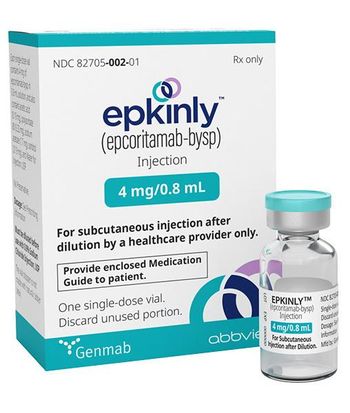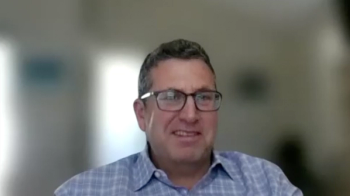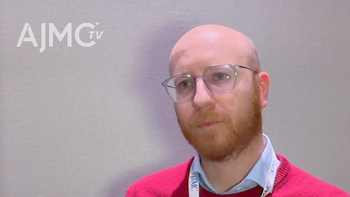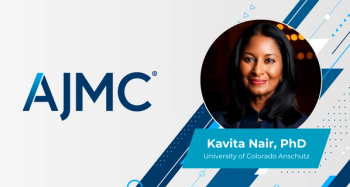
Live Biotherapeutic Product Remains Effective Against Recurrent CDI After Antibiotic Use
A study showed the Clostridioides difficile infection (CDI) treatment remained effective after subsequent systemic antibiotic exposure.
This article originally appeared on ContagionLive®.
The
Specifically, a post hoc subgroup analysis from the PUNCH Open-Label phase 2 trial evaluated whether patients with multiple episodes of recurrent CDI (rCDI) who received 2 doses of Rebyota remained recurrence free when they were later exposed to antibiotic therapy for another condition, such as a urinary tract infection.
Among participants who received systemic antibiotics within 8 weeks, 6 months, 12 months, or 24 months of Rebyota administration, 91.6% (11 of 12), 95.7% (22 of 23), 90.6% (29 of 32) and 83.3% (30 of 36) remained free of CDI recurrence, respectively. Among all participants (N = 43), 86% were recurrence-free at their last evaluable time point.
“The real-world and clinical data presented at IDWeek reinforce the potential of Rebyota to prevent recurrent CDI and help patients suffering from this devastating disease,” Elizabeth Garner, MD, MPH, chief scientific officer, Ferring Pharmaceuticals US, said in a statement. “Initial experiences with Rebyota in physicians’ offices are promising and this is a positive step forward in changing the treatment paradigm for recurrent CDI.”
Methodology
Investigators examined 43 participants, the mean age being 65.9 years with a majority being female (67.4%); nearly all of them (97.7%) had 3 or more rCDI episodes prior to LBP treatment.
“Most participants were treated with antibiotic monotherapy (n=34/43, 79.1%), received 1 course of treatment (n=28/43, 65.1%), and did not receive CDI prophylaxis (n=38/43, 88.4%),” the investigators wrote. “The median time to antibiotic exposure after the second dose of RBL [Rebyota] was 155 days (interquartile range [IQR], 55-349), and the median duration of treatment per antibiotic course was 8 days (IQR, 4.5-12.5).”
“RBL remained effective in preventing CDI recurrence in patients with multiple episodes of rCDI after subsequent systemic antibiotic exposure,” the investigators concluded.
Ferring's LBP Rebyota was
Reference
Reveles K, Gonzales-Luna A, et al. Efficacy of fecal microbiota, live-jslm after receipt of non–clostridioides difficile infection antibiotics: post hoc subgroup analysis of a phase 2 open-label trial. Presented at: IDWeek 2023. October 11-14, 2023; Boston, MA. Poster 702.
Newsletter
Stay ahead of policy, cost, and value—subscribe to AJMC for expert insights at the intersection of clinical care and health economics.
















